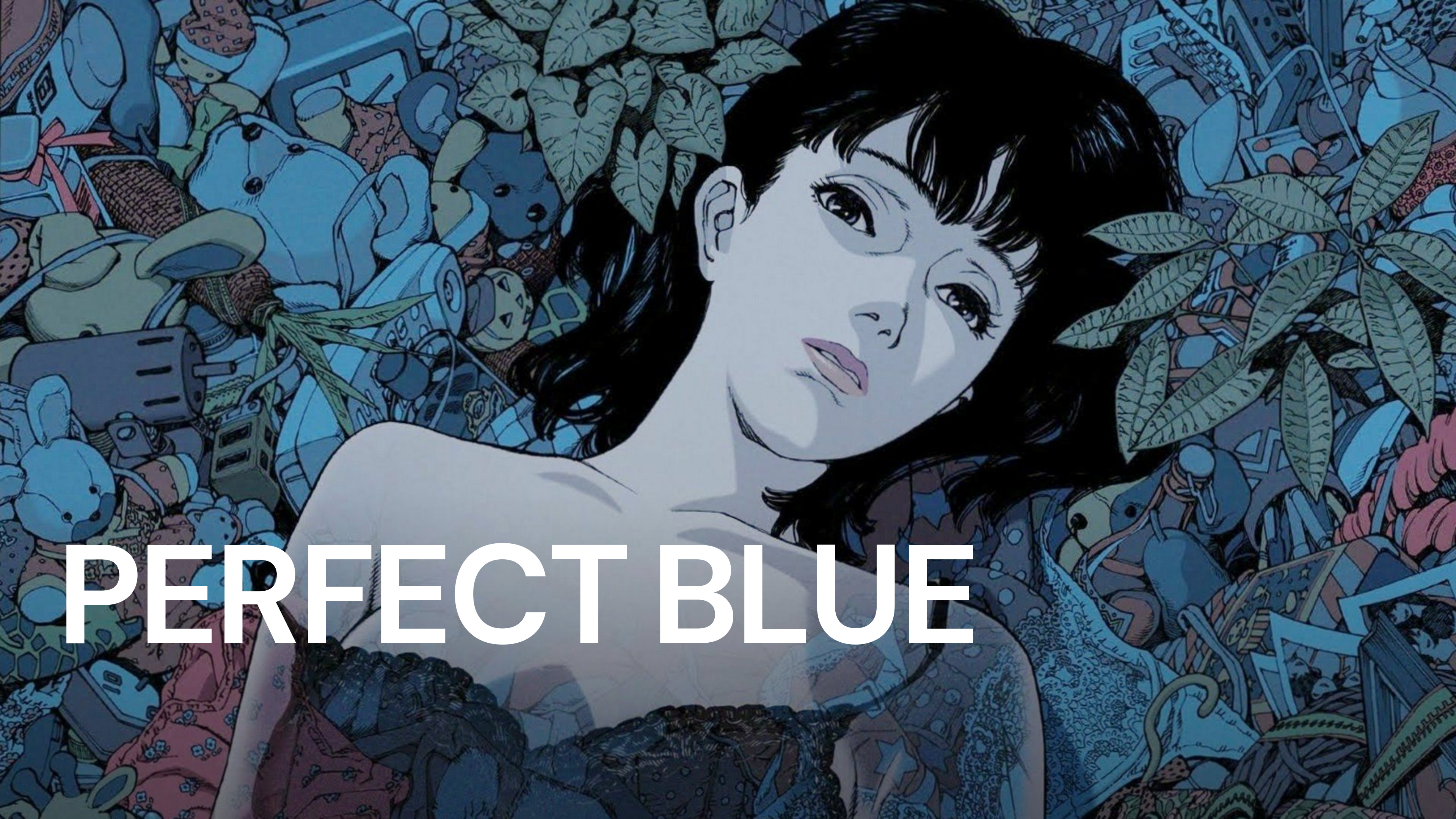
Mimas Transformation in Perfect Blue Identity Crisis in the Digital Age
In the realm of animated cinema, few films have left an indelible mark as much as Satoshi Kon's "Perfect Blue." Released in 1997, the psychological thriller transcends the boundaries of traditional storytelling by delving deep into the themes of identity and self-perception. Notably, the character of Mima Kirigoe embarks on a harrowing transformation from a pop idol to an actress, which inadvertently leads her to confront an identity crisis exacerbated by the influence of a digitally saturated society. Today, we continue to witness a transformation similar to Mima's journey, as the digital age redefines our notions of identity, self-presentation, and the intricate boundaries that separate reality from fantasy.
The Idol and the Actress
Mima’s transformation in "Perfect Blue" mirrors the struggles many face in an era dominated by social media and online personas. As Mima transitions from a beloved pop idol to a serious actress, she grapples with her public image and the perceptions held by her fans. This metamorphosis is fraught with tension; the more she diverges from the persona that the public adores, the more alienated she feels. The film cleverly showcases the pressure to conform to an idealized version of oneself, which resonates significantly in today's society where online character and personal branding dictate much of our social interactions. As people navigate their real and virtual selves, the lines blur, similar to the turmoil Mima experiences as she battles with her changing identity.
Digital Echoes and Identity Crisis
The digital landscape amplifies Mima's plight as she discovers a website that details her life and her transformation. The relentless scrutiny and commentary from anonymous online personas infringe upon her sense of self. This aspect of "Perfect Blue" resonates strongly with contemporary issues where the relationship between self-identity and online representation becomes increasingly convoluted. The idea of living under the digital gaze creates a complex dynamic, as individuals curate their lives to meet the expectations set by society while simultaneously struggling against their own desires for authenticity. The themes of surveillance and commentary present in the film echo our current reality, where privacy is fleeting, and one’s self-worth often depends on likes, shares, and follower counts.
The Impact of Perfect Blue Merchandise
Interestingly, the cultural impact of "Perfect Blue" has extended beyond its narrative, with products and merchandise dedicated to the film that symbolize its themes. The rise of "Perfect Blue Merchandise" serves not only as a celebration of this iconic work but also as a reflection of the merging of fandom and identity in the digital age. Collectibles, art books, and apparel featuring moments from the film offer fans a way to connect with Mima’s journey while also expressing their own interpretations of identity and self-image through consumption. This phenomenon raises questions about the nature of fandom: does purchasing merchandise signify a deeper connection to the themes of identity crisis, or does it simply perpetuate the cycle of consumerism that the film critiques?
A Reflection of Our Own Journey
In conclusion, Mima Kirigoe’s transformative journey in "Perfect Blue" serves as a prescient exploration of identity crises in the digital age. As we grapple with our multi-faceted selves in a world saturated with online personas and external expectations, Mima’s story remains a poignant reminder of the complexities surrounding personal identity. Her harrowing tale invites us to confront our relationships with our public images and perceptions, questioning the authenticity of our interactions in a space where reality often bleeds into fiction. As we engage with "Perfect Blue," whether through its gripping narrative or the merchandise that honors its legacy, we must consider our own transformations and the impact of the digital echo on our identities.









